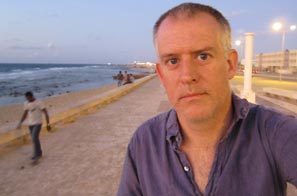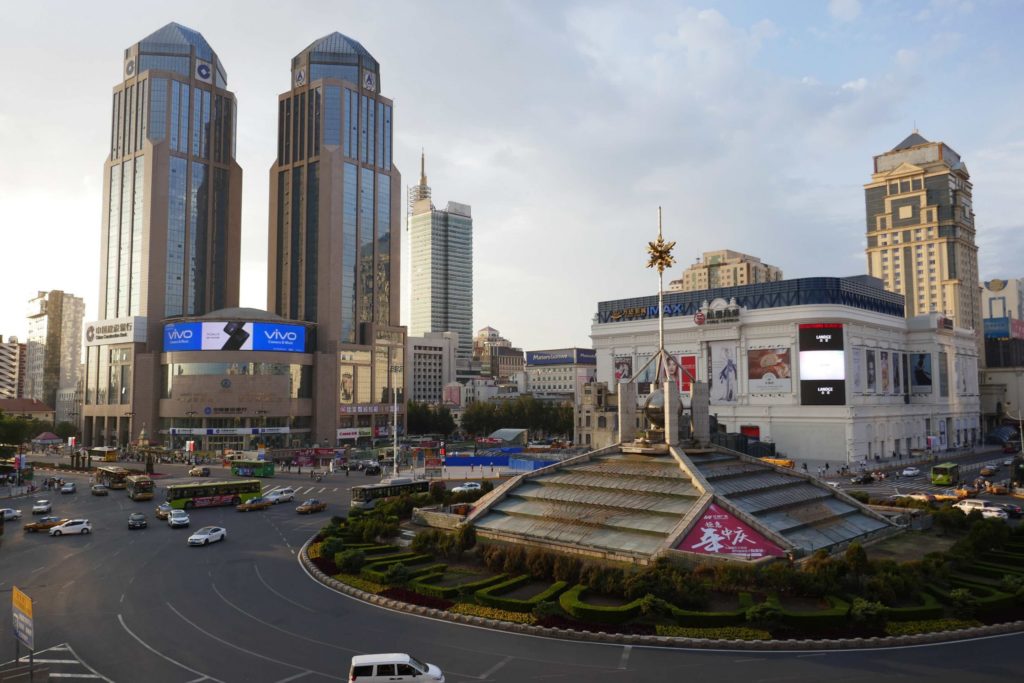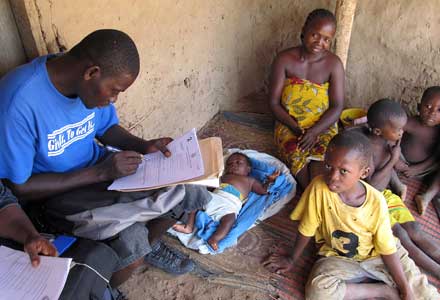
A UNC expert is helping to support the development of a democratic system following the crisis in Libya. Andrew Reynolds, associate professor of political science and chair of the global studies curriculum in the College of Arts and Sciences, is in Benghazi and Tripoli, Libya, Sept. 7 to 17 to advise the Transitional National Council of Libya.
Reynolds is among the first experts called on to speak with the council concerning plans for an interim government, constitutional assembly elections and the constitutional design process they will evolve. He is traveling to Libya as an expert consultant on these issues for the non-partisan National Democratic Institute.
The author of Designing Democracy in a Dangerous World (Oxford, 2011), Reynolds has undertaken similar missions advising on election and constitutional design for the United Nations and U.S.-based democracy-supporting organizations in Lesotho, Indonesia and Egypt.
Reynolds will close his 10-day trip with a visit to Cairo, following up on a June mission to advise Egyptian parties and civil society leaders on election-design issues. His work in Libya and Egypt is a continuation from advising in Yemen, Jordan, Lebanon and Tunisia over the past five years. Much of what he has learned will go into a book on the Arab Spring, which he is writing with Tarek Masoud of Harvard and Jason Brownlee of the University of Texas.
But Libya remains the focus for now.
“Libya is at a moment in which there is reason for great optimism,” says Reynolds, “but there’s also tremendous fragility.”
Reynolds says that the transitional (rebel) government has made great strides quickly and appears to have good instincts on a transition to democracy. “But there are many challenges ahead,” he says.
Reynolds notes that democracy is new to Libya, which has never had a democratic regime, free elections or a political party system. The world is watching as the emerging leadership seeks to develop these systems in a short period of time.
“The challenge will be to include all voices and avoid the country fragmenting into tribal and regional allegiances,” he says.
Reynolds has worked for the United Nations, the International Institute for Democracy and Electoral Assistance (IDEA), the U.K. Department for International Development, the U.S. State Department, the National Democratic Institute, the International Republican Institute, the Organization for Security and Cooperation in Europe (OSCE) and the International Foundation for Election Systems. He has also served as a consultant on issues of electoral and constitutional design for Afghanistan, Angola, Burma, Egypt, Fiji, Guyana, Indonesia, Iraq, Jordan, Kenya, Lebanon, Liberia, Netherlands, Netherlands Antilles, Northern Ireland, Sierra Leone, South Africa, Tunisia, Yemen and Zimbabwe.



